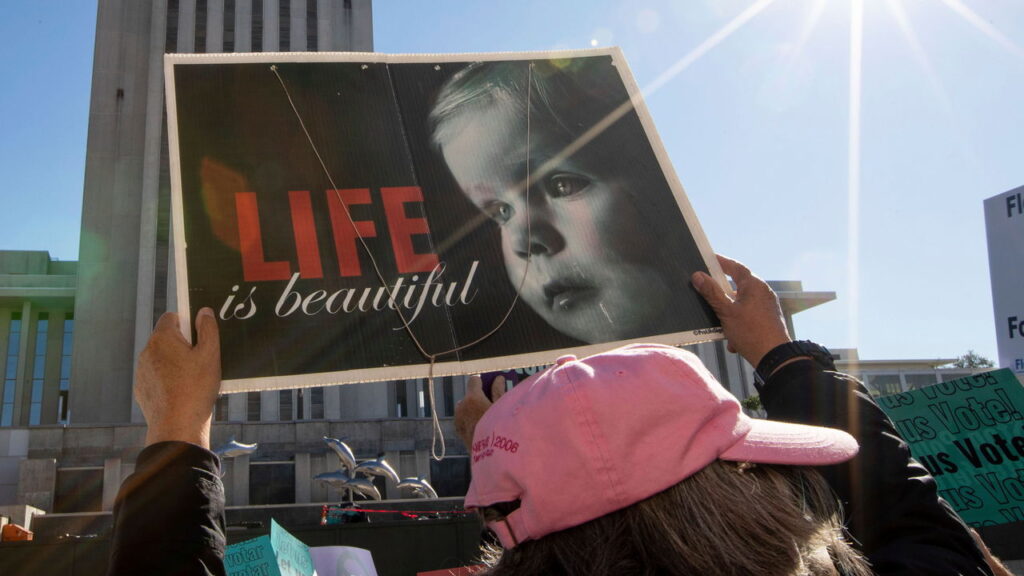AMONG THE results that came early on election night was for a ballot measure in Florida to enshrine a constitutional right to an abortion. Though 57% of Floridians supported it (with 91% of the vote counted), it failed—falling short of the 60% majority required in the state. The defeat marks the first time state-level abortion-rights campaigners have lost such a ballot campaign since the Supreme Court overturned a national right to the procedure in 2022. Florida’s current law will stand: it bans abortion after the sixth week of pregnancy, with limited exceptions.
Nine other states also voted on abortion-related measures on November 5th (see map). Most, including those in Arizona and Nevada, are expected to pass. Tallies in Midwestern states—South Dakota, Nebraska and Missouri—may be the tightest. The ballot measures vary in scope, from New York’s expansive equal-rights amendment to South Dakota’s measure offering unfettered access to abortion only in the first 12 weeks of pregnancy. Only Florida required a 60% supermajority.
Florida’s proposed constitutional amendment would have made abortion accessible until a fetus’s viability, about 24 weeks from conception, and later if necessary to protect the health of the woman. Its failure will affect not only more than 4m women in Florida but millions more across America’s south-east. If the measure had passed, it would have offered relatively permissive access in a region blanketed with highly restrictive laws. None of the states bordering Florida have procedures for citizen-led ballot initiatives that might overturn their laws.
Florida’s abortion-rights activists had raised $110m, a record for such a campaign. Their messaging emphasised health care and freedom from government interference, hoping the Sunshine State’s social liberalism would help them reach a super-majority. While one famous Floridian, Donald Trump, said that he would be voting against the amendment, he did not join the opposition campaign. Instead Ron DeSantis, the state’s governor, became its figurehead. He labelled the amendment too extreme for Florida and defended the state’s six-week ban.
The campaign was contentious. The state agency that regulates medical providers published videos opposing the proposed change, and the Department of Health threatened criminal prosecutions against television stations airing supportive advertisements, claiming they could discourage women from seeking emergency care. (A federal judge rejected the threatened sanctions, saying: “It’s the First Amendment, stupid.”)
More than two-fifths of Americans have now voted on abortion since 2022. The breakneck pace of ballot-measure campaigns will slow. Only two more states with bans—Oklahoma and Arkansas—have provisions for citizen-led ballot initiatives. America’s abortion environment is becoming calcified along regional lines, with little appetite for reform in states with restrictive laws. Given that a national law is unlikely to pass in Congress, many Americans will continue to be forced to travel to receive abortions, or receive posted pills. And harrowing accounts of women in restrictive states who have died from complications during miscarriages, or faced serious health risks because doctors were afraid to treat them, will continue to accumulate.■

